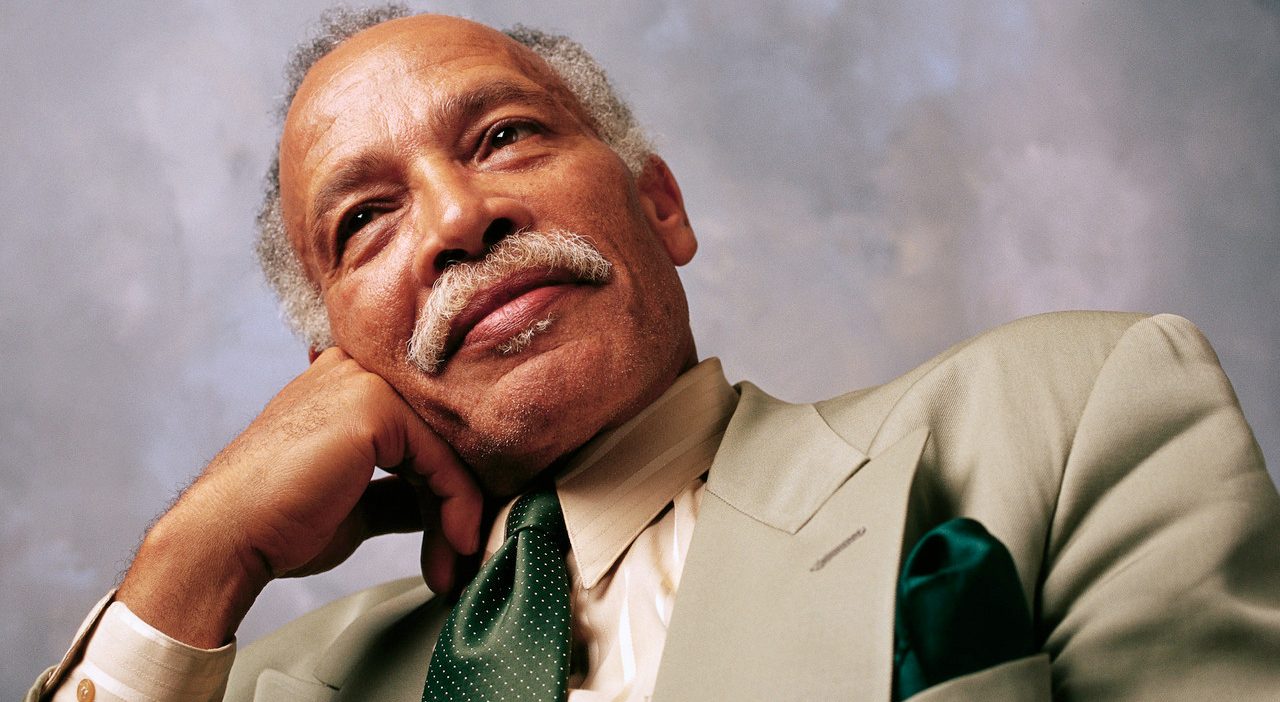How to Live to 100

More people than ever are becoming centenarians. Here’s how they made it to 100 and beyond.
If you’ve wondered if you could live to be100, the odds are growing you might make it. Although centenarians (those who’ve reached the century mark and beyond) are still rare, there are more people in that age group than ever before.
Consider that in l995, around one person in 10,000 living in the U.S. or other developed countries was at least 100 years old. Two decades later, that number has doubled. Now for every 5,000 people, you’ll find around one centenarian, according to the New England Centenarian Study (NECS).
Headed by Boston University scientists, the NECS is an ongoing investigation of how and why centenarians survive long-term. There are several reasons the NECS cites for more people living into extreme old age, including the marked decline in early deaths over the past century. Thanks to cleaner water supplies, better plumbing, milk pasteurization, vaccines, and the use of antibiotics, fewer people succumbed to infectious diseases in early childhood. So people who might have died during infancy in the last century now have the opportunity to live out their longevity potential. In addition, over the past several decades medical advances have reduced the death rate of the geriatric population as a whole.
A person’s genetic make-up clearly plays a role, too. Many genes are involved in increasing the odds a person will live a century or longer. Boston University researchers working on the NECS found 281 genetic markers that are 61 percent accurate in predicting who reached the age of 100, 73 percent accurate in predicting who made it to 102 years old or older, and 85 percent on target predicting who lived to be 105 years old and beyond. That suggests the genetic component of exceptional longevity is especially important when it comes to reaching the most advanced old age of all.
However, if your parents didn’t live to be extremely old, that doesn’t mean you can’t aim to live to be 100. While there’s no magic fountain of youth, there are lifestyle changes that can help you age in relative good health and could increase your lifespan.
For the past 50 years, researchers at the University of Gothenburg’s Sahlgrenska Academy followed the health of 855 Gothenburg men born in 1913. From the age of 54 until their deaths, the men were surveyed every five to 10 years so the factors that appeared to promote longevity could be documented.
A total of 27 percent of the men lived to be 80, 13 percent made it to 90, and 1.1 percent, ten in all, of the research subjects lived to100 and older. The majority of deaths after the age of 80 were caused by cardiovascular disease.
Factors that were associated with longevity included having a mother who lived into old age. However, researcher Lars Wilhelmsen, who has been involved in the study for the past 50 years, noted that this genetic link was weaker than other factors, such as being financially stable by age 50, performing well on an exercise test at age 54, not smoking, and maintaining a healthy cholesterol level.
When you think about reaching extreme old age, it might not seem like a pleasant prospect if it means living for decades with sickness in a nursing home, a lack of mobility, and even constant pain. But researchers have found those who do make it to 100 and beyond tend to be remarkably healthy until the very end of their lives. In fact, centenarians who live to 107 and even older are generally living proof of what the NECS researchers call the compression of morbidity hypothesis, meaning the time extremely old people spend sick and disabled is compressed into a short period at the very end of their lives.
That doesn’t mean the extremely old never get sick until death is near — the researchers found many centenarians endured various chronic age-related diseases. But the longest-living elders managed to effectively handle these conditions, and most didn’t have any disability until far into their nineties.
Three of the 100 year olds in the University of Gothenburg study dropped out of the research (two because of dementia and one for personal reasons). But the other centenarians who were followed closely exhibited good thought processes, and most were able to read and watch TV. All of them were slim, had low normal blood pressure, and good posture the researchers noted.
"Normally we conducted the surveys (of elder research subjects) at hospitals, but we visited the seven centenarians at home," said Wilhelmsen. “All of them were clinically healthy, satisfied with their circumstances, and pleased to be living where they were."
If you wonder how long you’ll probably live and, more importantly, what you can do to make it to a healthy, advanced age, try the free Living to 100 Life Expectancy Calculator. Created by Thomas Perls, MD, director of the NECS, the online calculator incorporates medical and scientific data to estimate your lifespan, based on answers to 40 questions about your health and family history. Whatever your score, the calculator also provides a personalized “To-Do” list of specific lifestyle changes that can potentially add years to your life.
Updated:
April 07, 2020
Reviewed By:
Janet O’Dell, RN